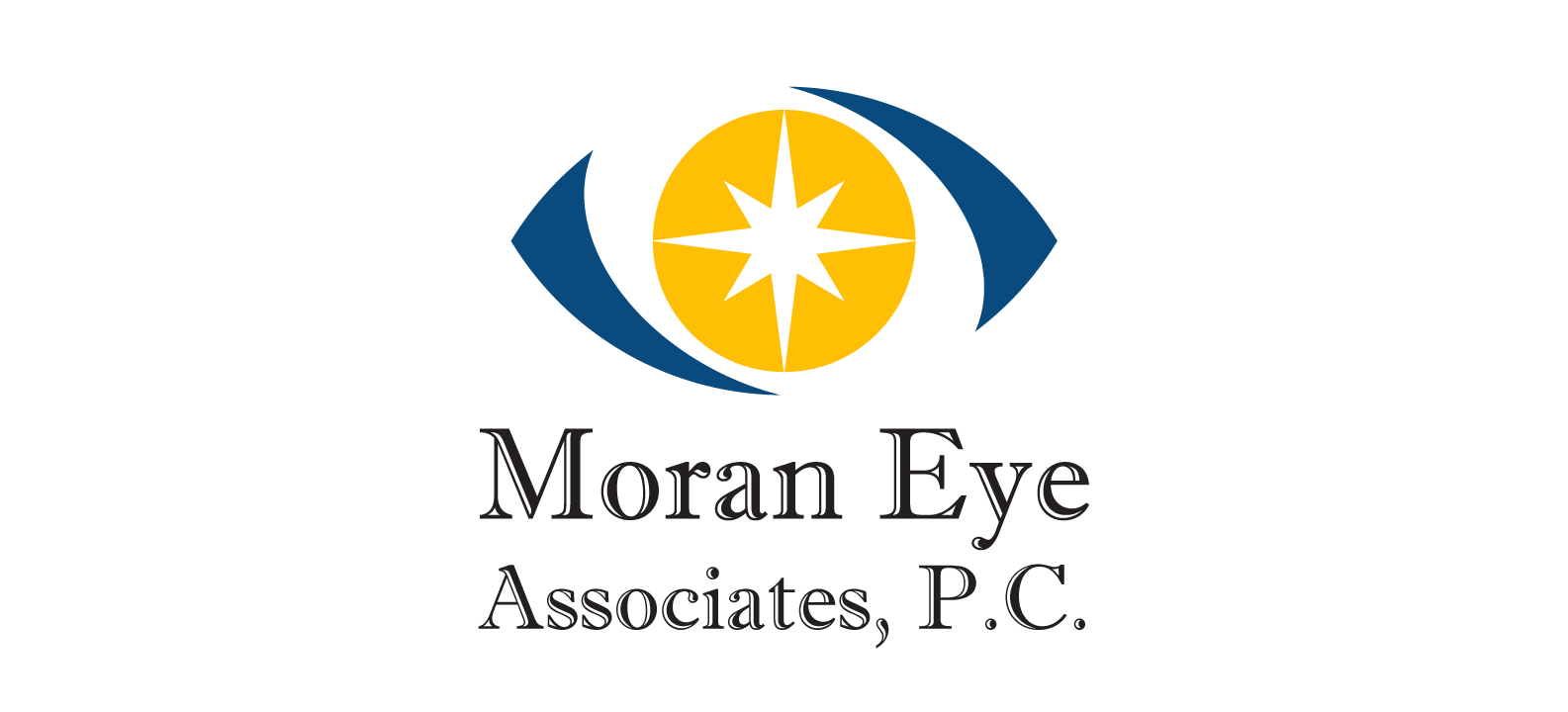How the laser works to improve your vision during LASIK surgery.
LASIK vision correction uses a laser to reshape your cornea to help you see better. To apply the laser treatment, Dr. Moran uses an excimer laser which emits a cool beam of ultraviolet light to precisely remove corneal tissue. The reshaped cornea allows for light rays to focus properly on the retina to give you clearer vision.
 Think of the cornea as a closed book with 500 pages. We create the flap about 100 pages into the book. Once the flap is opened, we apply the laser treatment to correct your vision in the last 400 pages of the book.
Think of the cornea as a closed book with 500 pages. We create the flap about 100 pages into the book. Once the flap is opened, we apply the laser treatment to correct your vision in the last 400 pages of the book.
After your flap is lifted, the excimer laser applies pulses of ultraviolet across the cornea in a custom pattern designed for your eyes. These precise light rays are able to remove as little as 0.25 microns of tissue at a time. How small is a micron? One micron is a thousandth of a millimeter.
How the cornea changeS DUring LASIK
The laser treats your cornea to give you better vision. Your cornea may be too long, too flat, or irregularly shapedsisipisi.ccsisipisi.ccsisipisi.ccsisipisi.ccsisipisi.cc.
- If you are nearsighted, the laser will make the cornea more flat;
- if you are farsighted, the laser will make the center of the cornea steeper.
- If you have an astigmatism, the laser will smooth your corneal tissue into a more symmetrical shape.
- If you have a combination of issues, the laser can treat nearsightedness with astigmatism, as well as farsightedness with astigmatism.
How the treatment is determined
In order to create your treatment plan, Dr. Moran does careful calculations using the data from your pre-operative testing. He takes into account your age and your visual needs. Then, the laser is programmed with your unique measurements. Once programmed, the laser is controlled by computer settings programmed to correct your specific refractive error. We use Custom-Vue Wavescan technology. It is called “Custom-Vue” since the pattern of treatment is customized for each patient to give you the best possible vision.
Dr. Moran will ask you to focus on a light while the laser is being applied. While it is important to keep your eye focused during the treatment, the laser has an added safety feature. The laser uses an eye-tracking system that monitors any eye movements and keeps the laser beam on target during surgery. Studies have shown that eye trackers produce better outcomes and decrease complications. If your eye moves during the surgery, the laser will stay centered. It will track and follow your eye movements.
What to expect After LASIK
 When the laser treatment is done, you will notice clearer vision than when you entered the room. However, your vision will still be a little blurry – similar to seeing under water. The blurriness is because you have a lot of drops in your eyes! Dr. Moran will have you sit up and look across the room at a clock about 10 feet away. You will be able to tell him what time it is, even if you weren’t able to see the clock when you walked into the room. Your surgery day instructions are to go home and keep your eyes closed for the rest of the day. Your vision will fluctuate as your eyes are healing, however, the next day you can drive to the office for your 1-day PO LASIK appointment.
When the laser treatment is done, you will notice clearer vision than when you entered the room. However, your vision will still be a little blurry – similar to seeing under water. The blurriness is because you have a lot of drops in your eyes! Dr. Moran will have you sit up and look across the room at a clock about 10 feet away. You will be able to tell him what time it is, even if you weren’t able to see the clock when you walked into the room. Your surgery day instructions are to go home and keep your eyes closed for the rest of the day. Your vision will fluctuate as your eyes are healing, however, the next day you can drive to the office for your 1-day PO LASIK appointment.
To see if LASIK is right for you, schedule your FREE Consult today. Call, email or text our office for your appointment. Learn more about, just click LASIK

